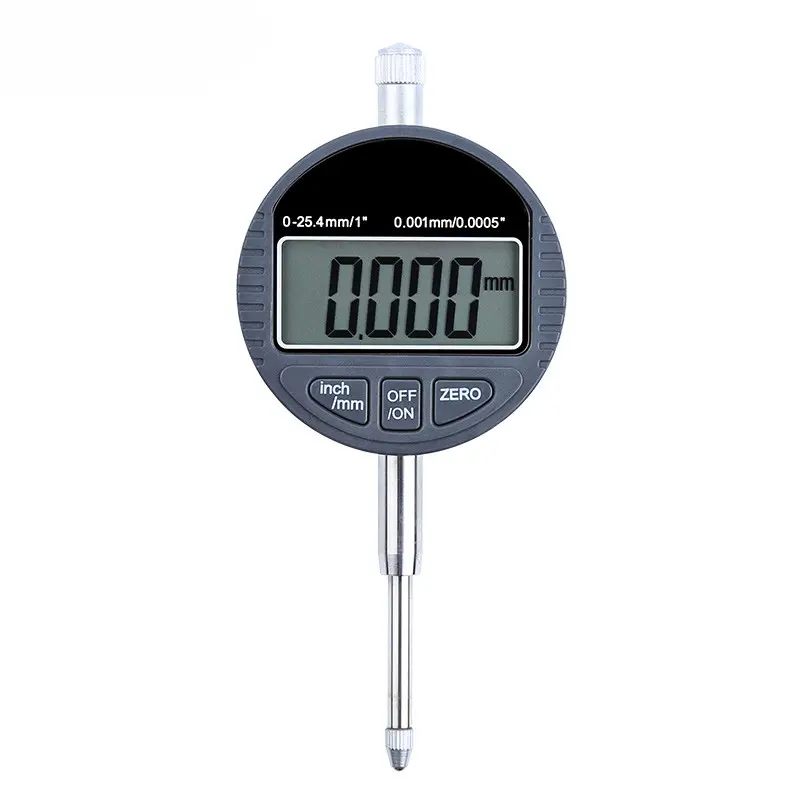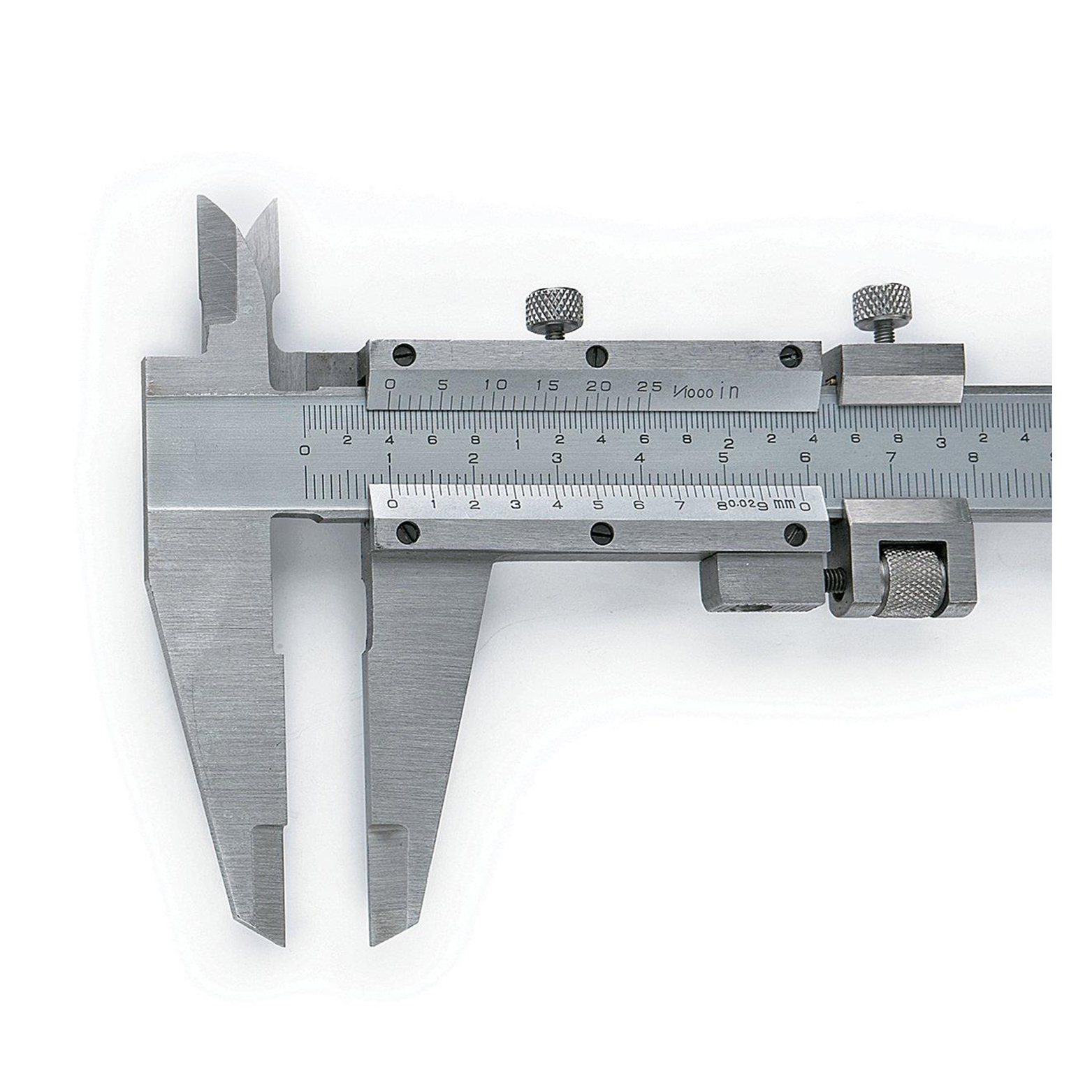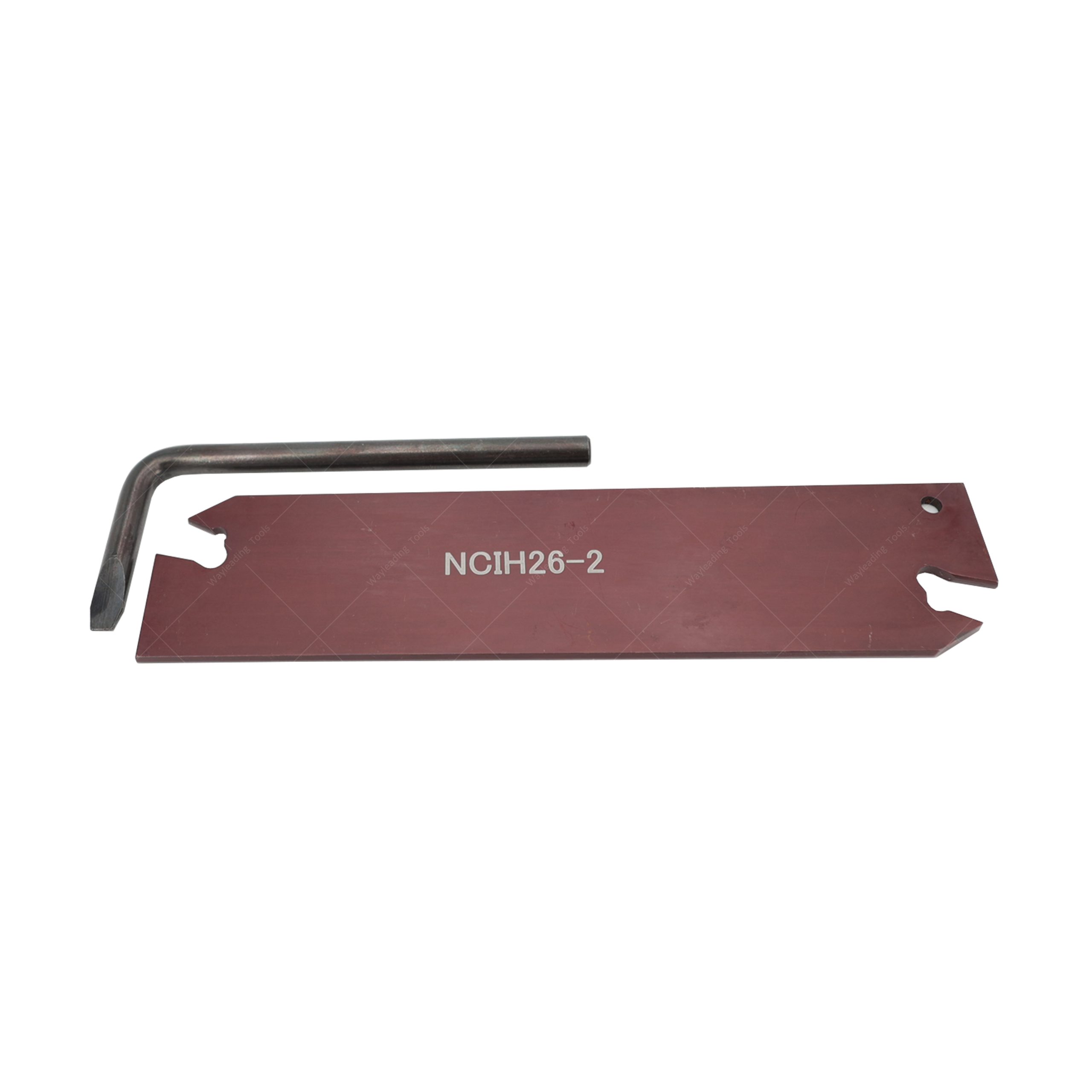reamer tools Factories
Discover the top reamer tools factories, crucial for precision machining across industries. This guide covers different types of reamers, materials, applications, and key factors to consider when choosing a supplier, ensuring you make informed decisions for your specific needs.
Understanding Reamer Tools
Reamer tools are precision cutting tools used to enlarge or finish existing holes to precise dimensions. They create smooth, accurate holes, crucial in applications requiring tight tolerances.
Types of Reamers
Several types of reamers cater to diverse applications:
- Hand Reamers: Manually operated for fine adjustments and small production runs.
- Machine Reamers: Used in machines like lathes and milling machines for higher precision and efficiency.
- Taper Reamers: Designed to create tapered holes.
- Adjustable Reamers: Allow for slight diameter adjustments to achieve precise hole sizes.
- Shell Reamers: Consist of a reamer head attached to an arbor, offering cost-effectiveness for larger diameters.
Materials Used in Reamer Tools
The material of a reamer significantly impacts its performance and lifespan:
- High-Speed Steel (HSS): Cost-effective and suitable for general-purpose applications.
- Cobalt Steel: Offers improved heat resistance and hardness compared to HSS.
- Carbide: Provides exceptional hardness, wear resistance, and heat resistance, ideal for high-speed machining of abrasive materials.
Key Considerations When Choosing a Reamer Tools Factory
Selecting the right reamer tools factory is crucial for ensuring the quality and reliability of your tools.
Factors to Evaluate
- Quality Certifications: Look for factories with ISO 9001 or similar certifications, indicating adherence to quality management standards.
- Manufacturing Capabilities: Assess the factory's ability to produce the specific types and sizes of reamers you require.
- Material Expertise: Ensure the factory has experience working with the materials you need (HSS, Cobalt Steel, Carbide).
- Quality Control Processes: Inquire about the factory's quality control procedures, including inspection methods and equipment.
- Production Capacity: Verify the factory's ability to meet your volume requirements and lead times.
- Customization Options: Determine if the factory offers customization options for special applications or unique requirements.
- Pricing and Payment Terms: Compare pricing structures and payment terms from different factories.
- Customer Support: Evaluate the factory's responsiveness and willingness to provide technical support and assistance.
Top Reamer Tools Factories (Example)
This section showcases some leading reamer tools factories. Please note that specific factories and their details may change over time, so it is essential to conduct your own research and due diligence.
| Factory Name | Location | Main Products | Key Features |
|---|---|---|---|
| Wayleading Tools | China | HSS & Carbide Reamers, Custom Reamers | High precision, fast delivery, custom solutions, wide range of reamers. |
| Company B (Example) | Germany | Machine Reamers, Adjustable Reamers | Advanced technology, premium materials, focus on machine reamers. |
| Company C (Example) | USA | Hand Reamers, Taper Reamers | Specialized in hand reamers, extensive inventory, quick shipping. |
Applications of Reamer Tools
Reamer tools find applications across various industries:
- Automotive: Finishing cylinder bores, valve guides, and other critical components.
- Aerospace: Manufacturing precision parts for aircraft engines and structures.
- Medical: Creating accurate holes in medical implants and instruments.
- Electronics: Producing precision holes in circuit boards and electronic components.
- Manufacturing: General-purpose hole finishing in various manufacturing processes.
How to Select the Right Reamer for Your Application
Choosing the appropriate reamer depends on several factors:
- Material: Select a reamer material suitable for the workpiece material. Carbide reamers are ideal for hardened steel, while HSS reamers are sufficient for softer materials.
- Hole Size and Tolerance: Choose a reamer with the correct diameter and tolerance to meet the application requirements.
- Hole Type: Select a reamer type appropriate for the hole shape (e.g., taper reamer for tapered holes).
- Machine Type: Use machine reamers for automated processes and hand reamers for manual adjustments.
Tips for Using Reamer Tools Effectively
Proper usage ensures optimal performance and tool life:
- Use Appropriate Cutting Speeds and Feeds: Refer to the manufacturer's recommendations for optimal cutting parameters.
- Apply Cutting Fluid: Use cutting fluid to reduce friction, dissipate heat, and improve surface finish.
- Maintain Tool Sharpness: Sharpen or replace reamers when they become dull to prevent poor hole quality and tool damage.
- Proper Tool Holding: Securely mount the reamer in the machine to prevent vibration and ensure accuracy.
- Clean the Hole: Ensure the hole is free of chips and debris before reaming.
Finding the Right Reamer Tools Supplier: Wayleading Tools
When sourcing reamer tools, consider Wayleading Tools. We specialize in providing high-quality HSS and Carbide reamers. We offer a wide range of standard and custom reamers, and provide our clients with custom solutions tailored to their unique needs. We are committed to providing high-precision tools to help improve your projects.
Conclusion
Choosing the right reamer tools factory and selecting the appropriate reamer for your application are critical for achieving precise and accurate holes. By considering the factors outlined in this guide, you can make informed decisions and ensure the success of your machining operations. Remember to evaluate the supplier's capabilities, quality control processes, and material expertise before making a purchase.
Disclaimer: The information provided in this article is for general informational purposes only and does not constitute professional advice. Always consult with qualified experts for specific recommendations.
Related products
Related products
Best selling products
Best selling products-
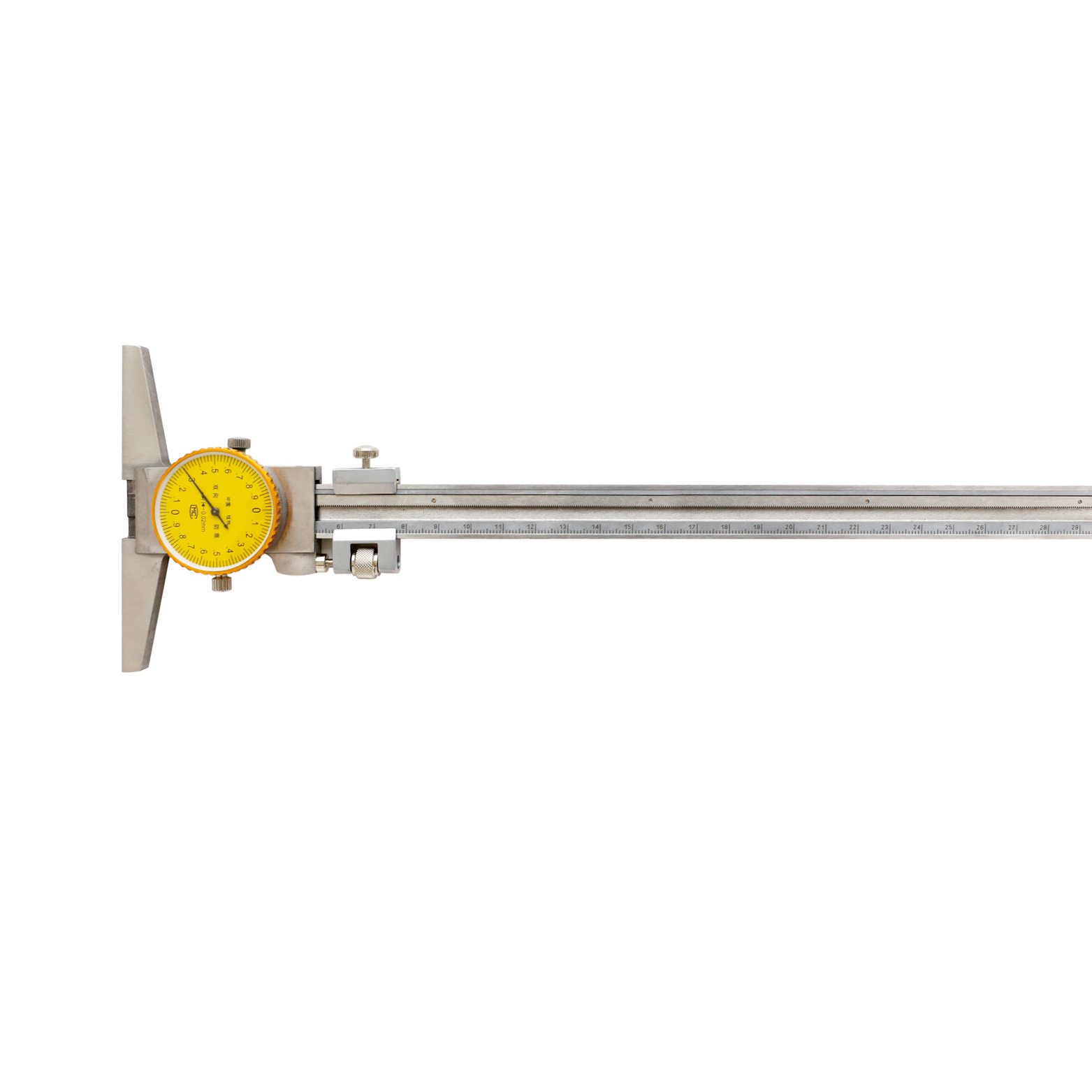 Dial Depth Gauge With Stainless Steel For Industrial Type
Dial Depth Gauge With Stainless Steel For Industrial Type -
 MT-APU Drill Chuck Holder With Keyless Type
MT-APU Drill Chuck Holder With Keyless Type -
 Precision 17pcs Angle Blocks Set With High Quality Type
Precision 17pcs Angle Blocks Set With High Quality Type -
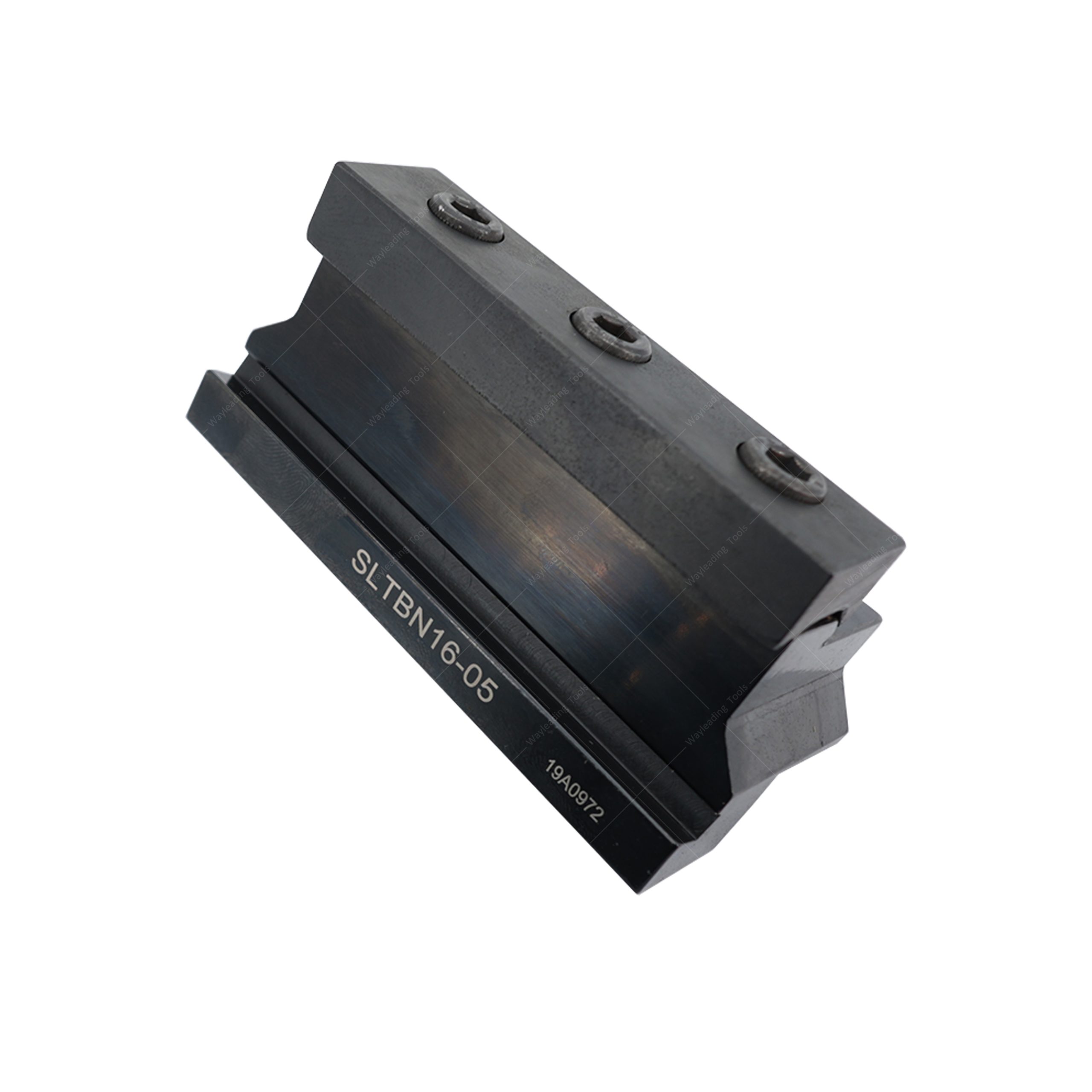 Parting & Grooving Tool Block For NCIH Blades
Parting & Grooving Tool Block For NCIH Blades -
 Type C Cylinder Ball Nose Tungsten Carbide Rotary Burr
Type C Cylinder Ball Nose Tungsten Carbide Rotary Burr -
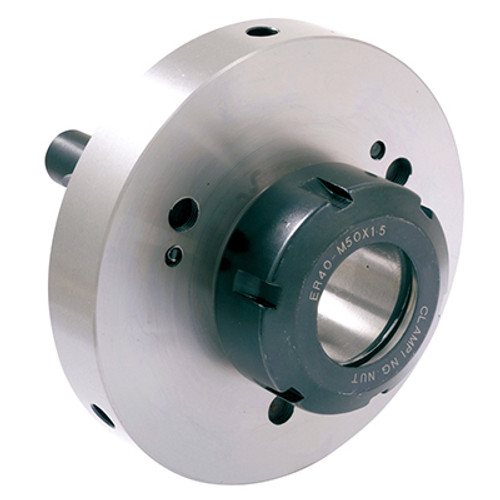 Camlock ER Collet Fixture With Lathe Collet Chuck
Camlock ER Collet Fixture With Lathe Collet Chuck -
 Dial Bore Guage From 6-450mm Range
Dial Bore Guage From 6-450mm Range -
 Precision V Block Set With M Type
Precision V Block Set With M Type -
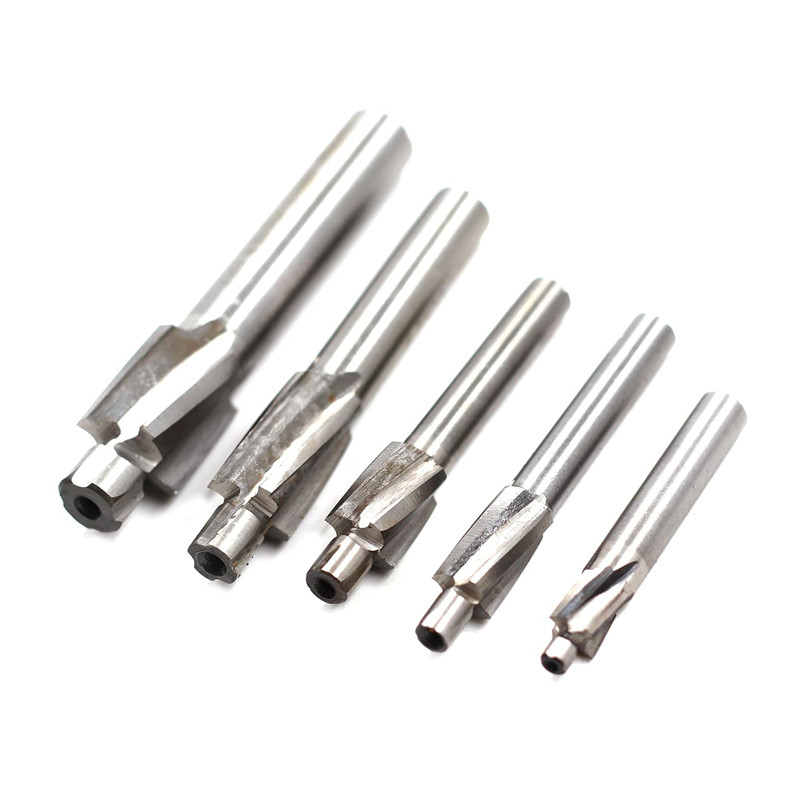 3 Flutes HSS Counterbore Drill Bit With Metric And Inch Size
3 Flutes HSS Counterbore Drill Bit With Metric And Inch Size -
 Precision Expanding Mandrel From 9/16″ to 3-3/4″
Precision Expanding Mandrel From 9/16″ to 3-3/4″ -
 Precision Magnetic Base With Fine Adjustment For Dial Indicator
Precision Magnetic Base With Fine Adjustment For Dial Indicator -
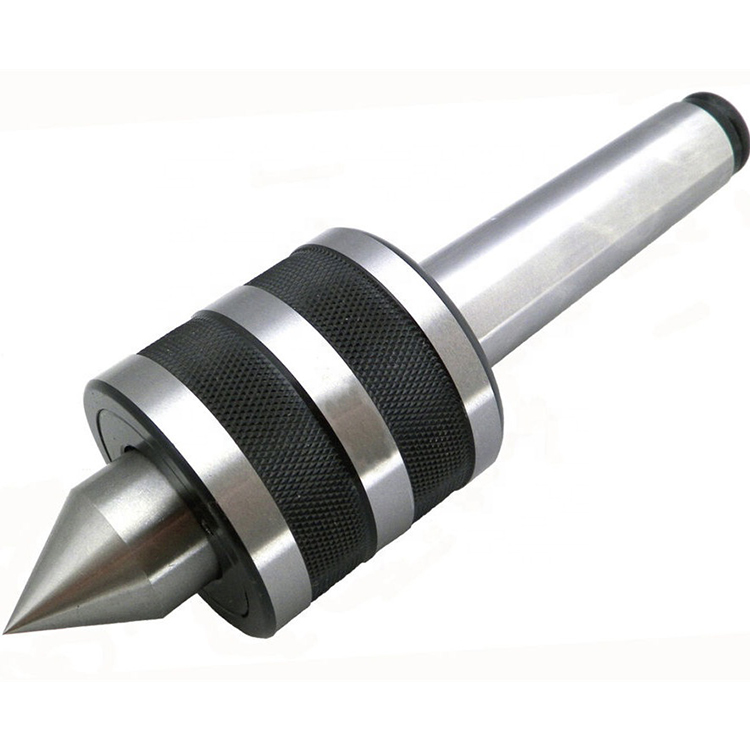 Midium Duty Live Center For Morse Taper Shank
Midium Duty Live Center For Morse Taper Shank



